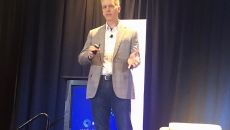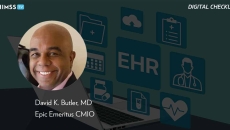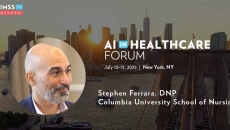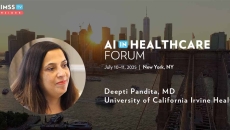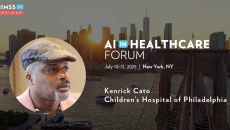Workforce
"It's a myth that providers are against new tools and technology," says Thomas Osborne, CMO at Microsoft.
Getting the buy-in from clinicians, the "people-ware," should be the first step when launching EHR implementation, says Dr. David K. Butler, an Epic Emeritus CMIO who also serves as clinical informatics leader at Calyx Partners.
2026 will be the fourth consecutive year of elevated health benefit cost growth following a decade of moderate increases.
The implications of a less inclusive physician workforce could worsen the projected nationwide shortage of more than 130,000 physicians by 2030, study finds.
Key factors are if AI is shown to reduce nursing burnout and educating staff on what the tech can and can't do, says Stephen Ferrara, associate dean of AI at Columbia University and past president of the American Association of Nurse Practitioners.
IT helps nurses reduce their documentation burden and it's up to them to make sure the tech is running as effectively as possible, says Eric Gasser, RN, VP of IS and CIO at Wooster Community Hospital Health System.
If leaders are not looking at the whole enterprise, AI projects will fail to be successful, says Dr. Deepti Pandita, CMIO & VP of Clinical Informatics at University of California Irvine Health.
A federal agency finds Mercyhealth discriminated against employees by firing them for noncompliance on COVID-19 vaccinations.
Nurses know that if AI is used in the right way to understand patterns, it has positive benefits, says Kenrick Cato, nurse scientist, pediatric data and analytics, Children's Hospital of Philadelphia.
Managing the cost of GLP-1 drugs for weight loss is the top priority in pharmacy benefits, says Mercer survey.
